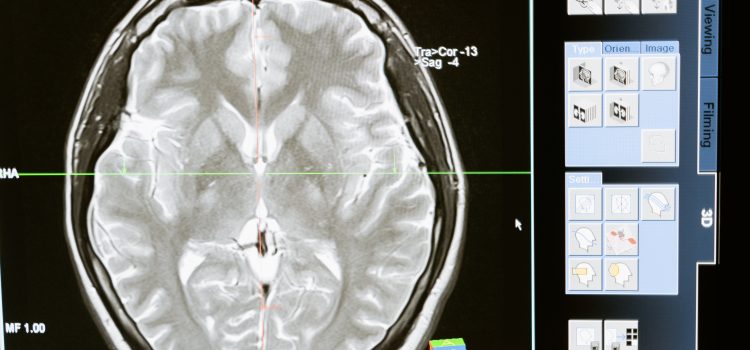
Brain-computer interfaces (BCIs) are a type of technology that allows communication between the brain and an external device. BCIs are a rapidly evolving field, with new developments emerging regularly. In recent years, there has been an increasing interest in BCIs and their potential applications in various fields, including medicine, gaming, and entertainment. In this article, we will explore the latest developments in BCIs and their applications in the US.
One of the most significant recent developments in BCIs is the use of machine learning algorithms to decode brain signals more accurately. Machine learning algorithms can process vast amounts of data and identify patterns that humans may not be able to detect. This technology has enabled researchers to create more precise BCIs, which could be used to control prosthetic limbs or assist individuals with spinal cord injuries.
Another recent development is the use of BCIs in gaming and entertainment. Companies such as Valve and Facebook are investing in BCIs to create immersive gaming experiences. BCIs could allow players to control games with their minds, creating a more immersive and interactive experience. Additionally, BCIs could be used in virtual reality (VR) and augmented reality (AR) applications, enhancing the user’s experience and making it more realistic.
In the medical field, BCIs are showing promise in treating neurological disorders such as epilepsy, Parkinson’s disease, and depression. Researchers are investigating how BCIs could be used to stimulate specific regions of the brain to treat these disorders. Additionally, BCIs could be used to monitor brain activity in patients with neurological conditions to provide better treatment.
Another area where BCIs could have a significant impact is in the military. Researchers are exploring the use of BCIs to enhance soldiers’ abilities by improving their reaction times, memory, and decision-making skills. BCIs could also be used to control drones and other military equipment remotely, reducing the risk to soldiers in combat.
Despite the potential benefits of BCIs, there are also ethical concerns to consider. One of the most significant concerns is the potential for BCIs to be used for surveillance. BCIs could potentially be used to monitor individuals’ thoughts and emotions, raising concerns about privacy and individual autonomy. Additionally, there are concerns about the potential for BCIs to be hacked, which could result in significant harm.
In conclusion, BCIs are a rapidly developing field with many potential applications in the US. From medical treatments to gaming and entertainment, BCIs have the potential to revolutionize various industries. However, there are also significant ethical concerns that must be addressed to ensure that the technology is used responsibly and for the benefit of society.










